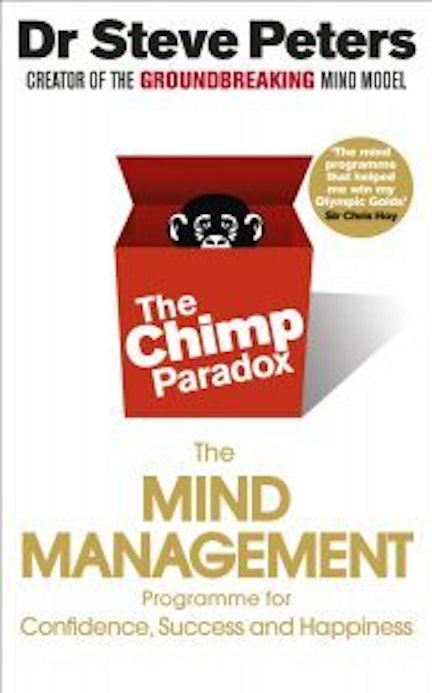
This was BBC headline on the 6th May 2014.
Sports psychiatrist Dr. Steve Peters has worked with countless high profile, world-class sports professionals over a 30-year career, but his widely held reputation as the best sports psychiatrist around came under scrutiny last weekend, with both Ronnie O’Sullivan and Steven Gerrard (two of his star pupils) failing to achieve success.

The Rocket lost out to Mark Selby in the final of the World Championships (failing to equal the six world titles held by Steve Davis and Stephen Hendry) and Liverpool lost out to Chelsea in the Premier League – ultimately handing the title to City. This criticism is annoying, because having read Behavioural Economist Daniel Kahneman’s ‘Thinking, Fast and Slow’ and Steve Peters’ ‘The Chimp Paradox’, I can’t differentiate much between the two. The only difference perhaps being one has a Nobel prize, the other doesn’t!
Why is this frustrating?
- Dr Peters’ job is not to pot the balls or score the goals, but to guide people to a mental state that allows them to perform at their best. With Ronnie O’Sullivan for example, it is to allow him to manage his ‘chimp’ and fulfill his potential as “the most naturally gifted snooker player to have ever held a cue”. Their short-term success or failure has almost nothing to do with him. All you have to do is look at The Rocket then and now to understand the impact he has had.
- As with ‘Thinking, Fast and Slow’, the way in which ‘The Chimp Paradox’ explains how the human brain works, and the terms it uses to do this, alters our perception of how we think about how we think. Despite Kahneman being very open and honest about this, many people conveniently forget that most of the thinking in ‘Thinking, Fast and Slow’ isn’t actually his. It is a compilation of current ideas, packaged up under the terms of System 1 and System 2, with the aim of changing the language used in the debate. Does simplifying the brain into three key areas: Frontal, Limbic and Parietal lobes, and redefining them as your ‘Human’, ‘Chimp’ and ‘Computer’ respectively, not develop the language used in the debate in a similar way?
- Whilst Kahneman outlines the flaws in our thinking through cognitive biases, showing how often we misjudge decisions, Peters celebrates us as natural, reasoned beings and goes one step further, by showing how you can manage your ‘Chimp’ to achieve success.
If you’d like to learn more about Dr. Steve Peters and his book ‘The Chimp Paradox’, watch his 13 minute TED Talk.https://www.youtube.com/embed/R-KI1D5NPJs?&enablejsapi=1&origin=https://hallandpartners.com
Either way, let’s learn to manage our 'Chimp’ and broaden our horizons beyond System 1 and System 2.







